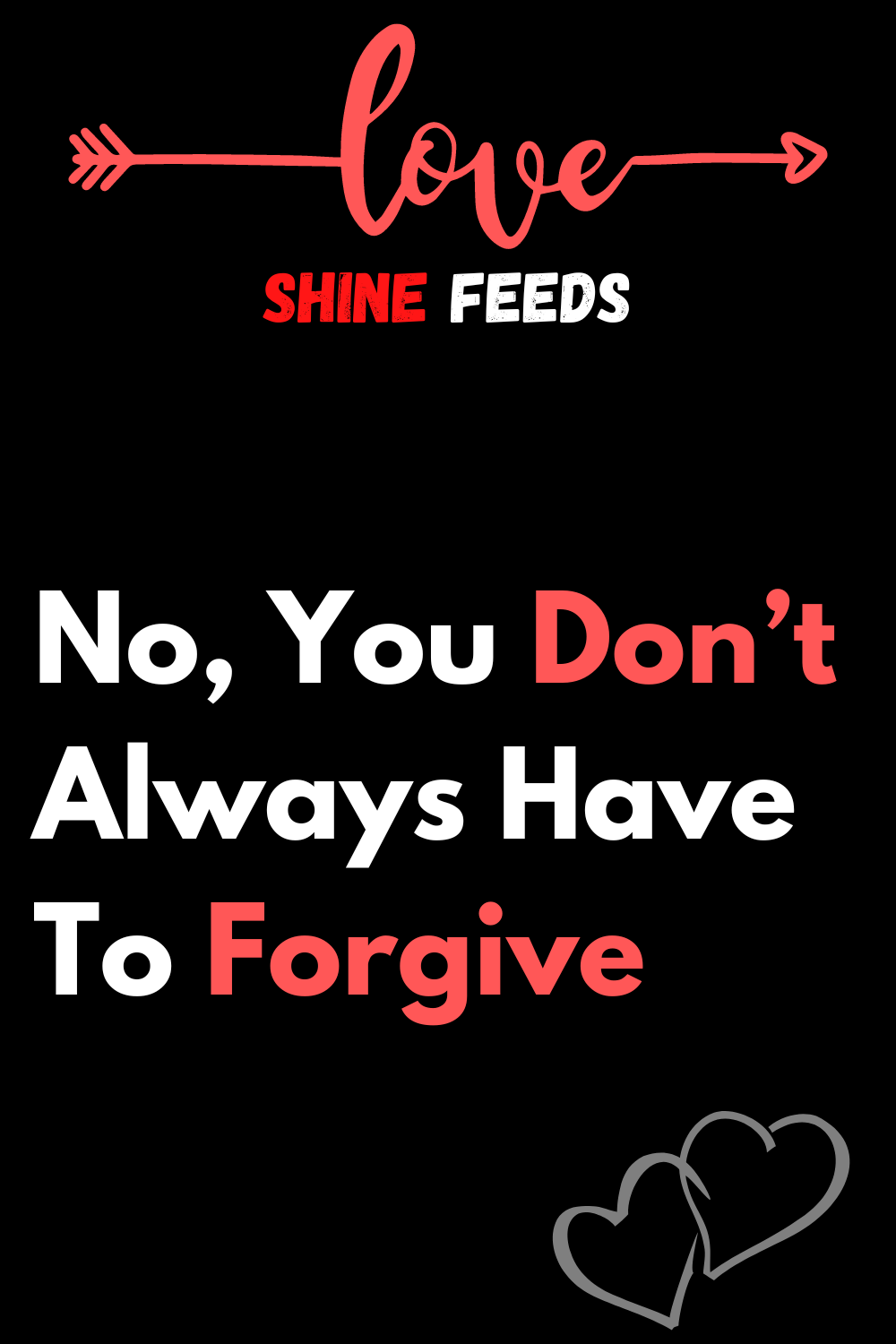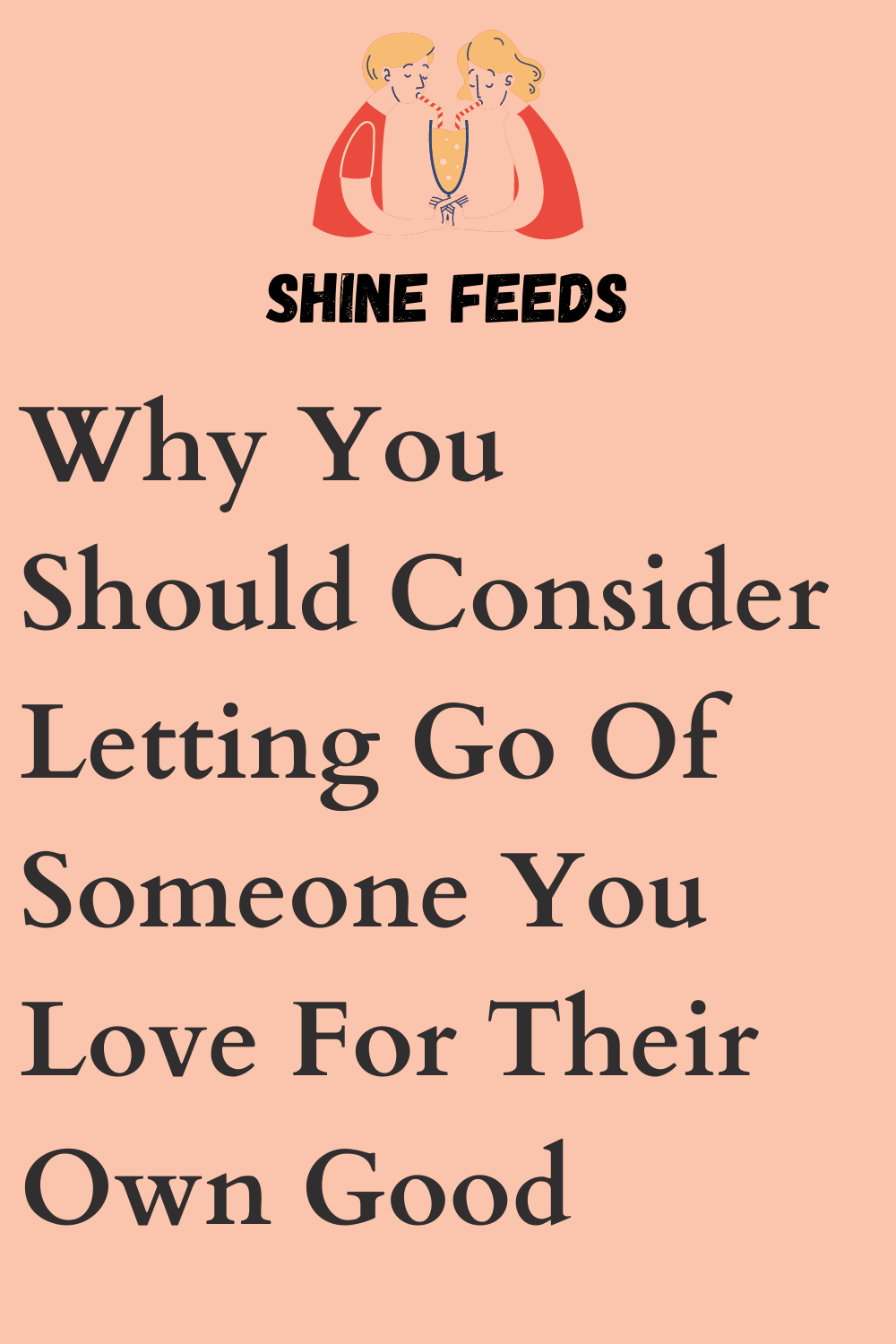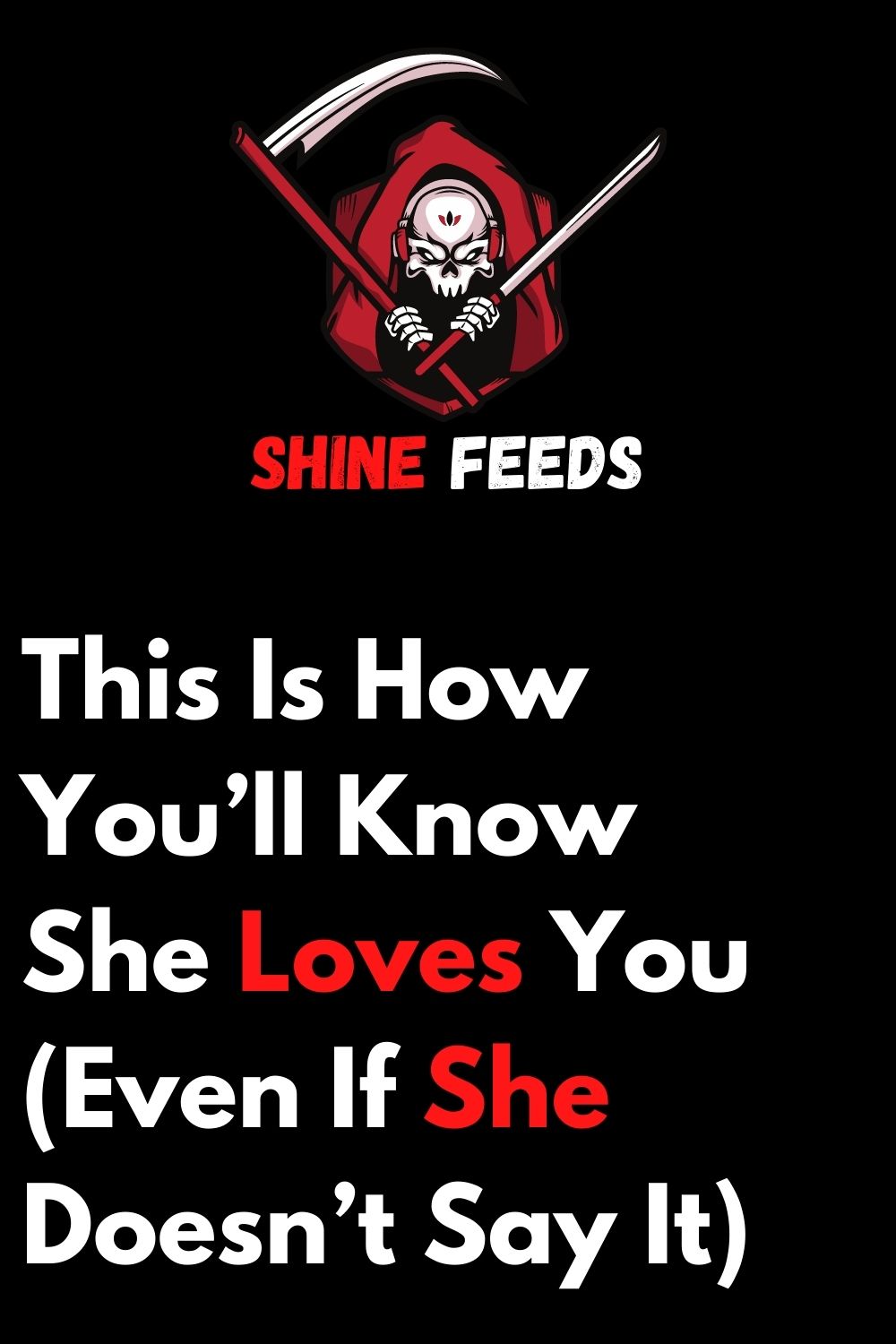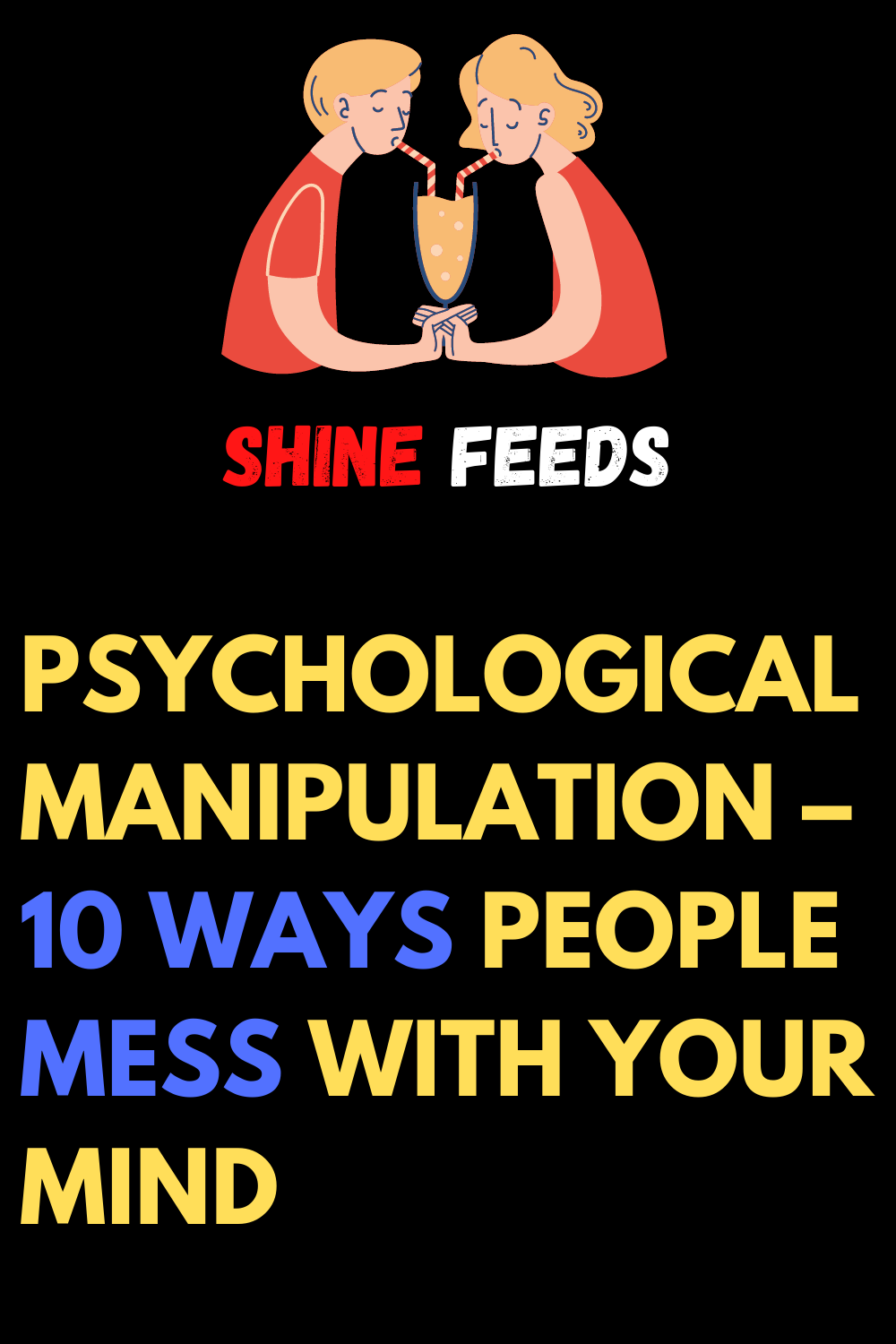No, You Don’t Always Have To Forgive
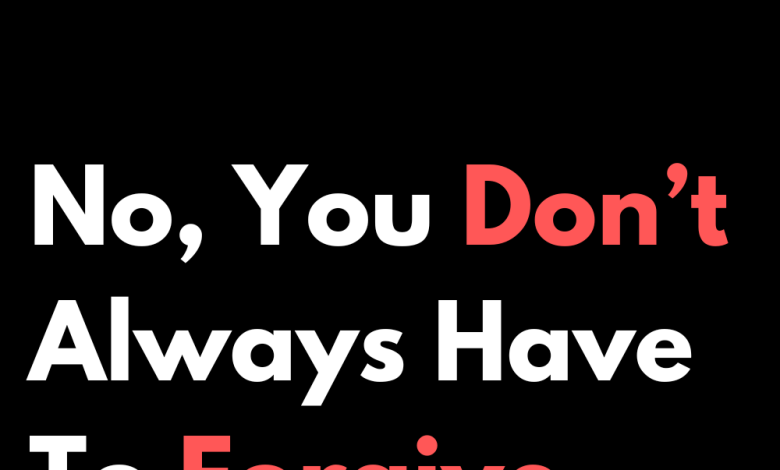
But yes, you need closure.
It’s what brings you peace.
After a relationship has ended, we all need that final period to deal with what has happened to us.
We all need that final statement, that final conversation to say goodbye.
Without closure, you don’t know why a relationship has ended, you can’t say with certainty whether it’s your fault or it’s his.
You can’t put a finger on what went wrong.
What’s even worse if you don’t know what happened is how could you know how to fix it?
How do you pick up the pieces of your broken heart?
But no matter what a person does to you, we are told from when we are little that we need to forgive.
Maybe not forget but forgive and move on.
Forgiveness allegedly makes you a better person.
That’s what you’ve been taught.
What does that have to do with the fact you’re hurt and broken?
How could you possibly forgive when you haven’t come to terms with what has happened?
Forgiving means absolving someone from doing something bad to you.
It also means absolving yourself from making a mistake you couldn’t have been able to stop.
So we try to do it. We try to forgive that person who has done us wrong.
We try to set ourselves free from the past, from mistakes, from them and ourselves.
However, it only stops at trying.
Rarely any of us swim out to the surface of complete success.
Almost every one of us gets stuck in the depths of dark emotions, resentment and pain a betrayal has brought us.
Deep inside, we know because we were taught like that, that forgiveness is the only way out of the state we are in.
But what happens if you cannot forgive?
Guilt creeps in. You feel guilty for not being able to let go.
You feel guilty for still holding on to the anger and pain you’re feeling toward a person who hurt you.
Although this seems like a normal reaction to what happened to you, you’re taught it shouldn’t be normal and that you should move on as soon as possible.
You are taught that it’s your job to forgive and that someone or something else will take care of the punishment.
If you go any other way, if you chose vengeance, you’re automatically not a good person in the eyes of society.
Honestly, who likes vengeful people?
No, you’re just supposed to forgive and hope that someday that person will go through something similar, you hope they will understand what you went through.
Now I’m getting back to closure.
There is another reason why closure is so important.
When you get your closure, you get some kind of remorse from the person who is breaking up with you or who has hurt you.
You get a ‘sorry’, you get a reason.
It’s scientifically proven that people who are shown remorse are more likely to forgive.
In other words, forgiveness won’t represent that much of a problem.
The person who hurt you is, in a way, taking responsibility for what they did.
That’s why it’s so much easier to get past it.
Also, realizing a person is sorry for what they did doesn’t leave a dark cloud over your experience.
On the contrary, it gives you hope and a ray of light shining upon what’s to come.
It leaves you thinking that things will get better.
What happens when pain is brought to you deliberately?
Of course, it’s not the same.
There are people out there who enjoy pain—they enjoy causing pain and being surrounded by it.
It makes them feel powerful and in charge.
Should you forgive those people?
Of course not. Forgiveness doesn’t work that way.
It’s one thing forgiving a person who is unaware they harmed you; it’s completely something else forgiving a person who is out to get you, just to make you suffer.
So I ask you, is there a need to forgive?
Do you feel you need to forgive or do you just think you have to because it’s the right thing to do?
You see… that is exactly what I’m talking about.
No, you don’t always have to forgive.
You have to process what happened to you.
You have to understand it and you have to heal.
You have to hold that person responsible for what they did to you and you don’t even have to let them know.
It’s important you share your pain with someone, a therapist or a friend.
It’s important to let everything you’re feeling out and never hold those feelings bottled deep down.
Forgiveness is always welcome but it’s not essential.
If you don’t have the power to forgive in you, make sure you always learn from your mistakes and most importantly…
No, you don’t always have to forgive but you always have to move on.
